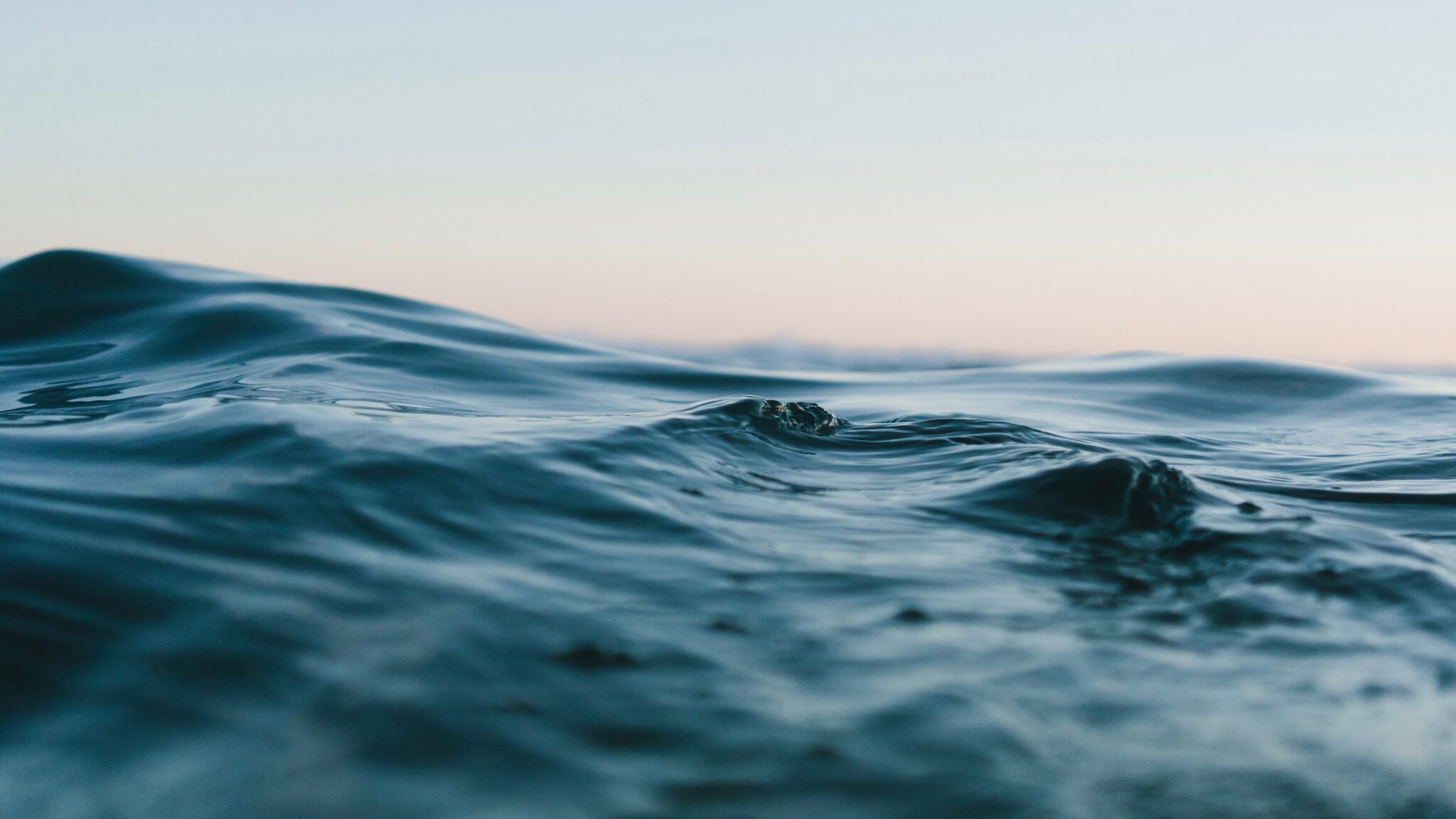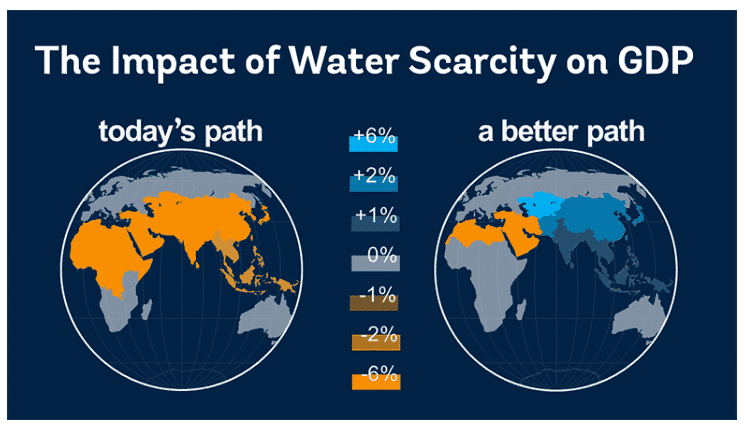

Unsplash
- One of the most significant, yet ignored, impacts of climate change is its disruption of the water cycle.
- The youth-driven climate movement provides examples of how to incorporate water into the climate agenda by raising awareness, encouraging advocacy and promoting innovation.
- World Water Day 2020 is focused on the interconnectedness of water and climate change.
This year, World Water Day is focused on the interconnectedness of water and climate change. Water is the primary resource affected by climate change, with repercussions on the supply of drinking water, sanitation, and water used for food and energy production. Or in other words, as suggested by climate-change experts, “If climate change is a shark, then water is its teeth.”
Against this backdrop, young people are increasingly recognized as the driving force for action behind the climate movement – and for injecting water into the climate agenda. Currently, more than half of the global population is under the age of 30, making it the largest youth population in history and the ones who will be most affected by the climate change induced disruption of water resources.
One active youth group is the World Economic Forum’s Global Shapers, an impact-orientated network of young people, who listed water as the number one social risk in the Forum’s Global Shapers survey.
Having launched several initiatives linking both water and climate change, here are three key lessons from global youth to advance an inclusive and effective climate action agenda:
1. Raise Awareness

Not enough is understood and communicated about the devastating risk of climate change to the world’s water resources. Currently, 50% of our drinking water comes from glaciers, which are melting at an unprecedent speed. Higher air temperatures are causing increased flooding – which is affecting more people globally than any other natural hazard. If no measures are taken, water scarcity, exacerbated by climate change, is expected to cost some regions up to 6% of their economic growth.
With water and climate change being complex topics in and of themselves, not to mention how they intersect, much remains to be done to raise awareness in a comprehensive, accessible and action-oriented way. The World Youth Parliament for Water (WYPW), a globally-recognized youth network, has therefore dedicated one of its three main working pillars towards awareness-raising. Noting the need to mainstream the unique role of water throughout the climate agenda, the WYWP is currently broadcasting “The ClimateReady Podcast“, sharing stories of youth action on combatting the climate crisis and reaching thousands of people.
All sectors can learn from these efforts, as an increased awareness of the water and climate change link will lead to an enabling environment for change and corporation, and more so, safeguard our water resources.
2. Be an Advocate
Young people are organizing and uniting around the world to raise awareness through climate strikes – bridging political differences and linking separate sectors. Rather than confronting one environmental issue at a time, they are holistic in their advocacy, recognizing the strength in combining efforts.
During the 2020 Annual Meeting in Davos, Global Shapers engaged in climate work and discussions on the future of water. Their participation, enthusiasm and conviction to further incentivize young people to scale up water innovation, resulted in the stakeholder proposal to develop an award. Rather than being a one-off entrepreneurial activity, this prize aims to be a milestone in a long-term water advocacy agenda.
While having a Corporate Social Responsibility programme is common, more companies could push the cause. An example is Heineken’s “Every Drop” campaign, dedicated to lowering water usage to combat water scarcity.
Choose to be a champion, mobilize for the climate-water cause and implement what you advocate!
3. Seek Innovation
Since 2012, the rise in smart phones has been dramatic (to date, there are more people with a mobile phone than access to a flushable toilet). Today’s youth is the generation most accustomed to technology from an early age. With the increase of artificial intelligence, smart sensoring and blockchain, the possibilities for tackling water issues have multiplied.
In the run-up to COP 21, youth representatives released a white paper with recommendations in four key areas on how to address climate change – all of which included water. This led to the creation of the Youth for Water and Climate (YWC) initiative. Similar to the World Economic Forum’s UpLink, the YWC is a platform connecting young, innovative solution providers with solution seekers that are able to offer technical and financial resources to help scale up the projects.
By providing the means and the mentoring, the chances for these projects to develop increase, while offering tangible solutions for companies in return. Companies such as AB InBev have launched sustainability accelerators, enabling start-ups to grow, while learning from their breakthrough water innovations. In line with stakeholder capitalism, more companies aim to be inclusive – and what better way to do that – than by getting insights into innovative solutions for water challenges and climate change.
Reposted with permission from World Economic Forum.

 233k
233k  41k
41k  Subscribe
Subscribe 